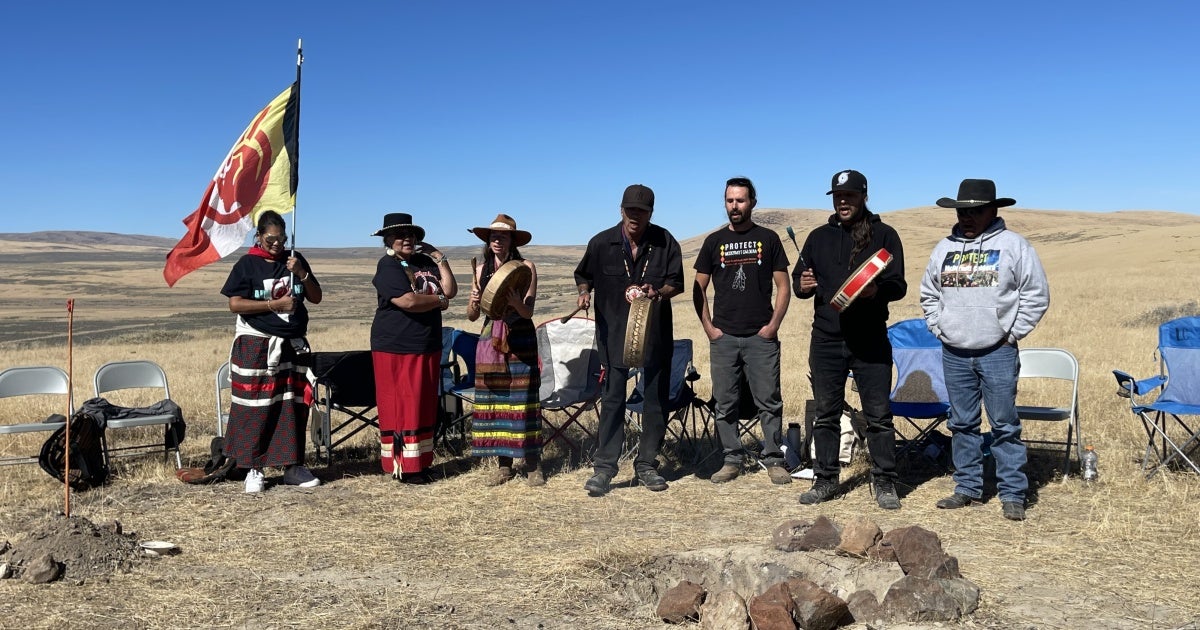On September 21, I attended the fourth annual commemoration of a massacre at Peehee Mu’huh, land sacred to People of Red Mountain (Atsa Koodakuh wyh Nuwu) in northern Nevada. During the commemoration, tribe members and their supporters gathered at Sentinel Rock in the McDermitt Caldera to celebrate community and honor the ancestors who died there on September 12, 1865, when the United States Cavalry murdered elders, women, and children and left their entrails spread across the sagebrush.
At the commemoration, I watched as the knowledge keepers and descendants of the Fort McDermitt Paiute, Shoshone, and Bannock Tribes sang the songs of their people and threw cedar, tobacco, and sage into the fire. People of Red Mountain and other Native people use this land to hunt animals and gather plants for food and medicine. The commemoration was an opportunity to gather and worship the sacred land and spirits who occupy it, and to honor both the memory of those the US military massacred and all who carry their memory forward.
A lithium mine is also under construction at Peehee Mu’huh, signaling a tension between the present, the past, and the future.
The memory of the Peehee Mu’huh massacre is a stark reminder of the violent forces and brutal federal policies that have shaped colonialism in the United States.
People of Red Mountain remain dedicated to honoring the legacy of their people. “There are three things they can never take away from us: our medicine, our prayer, and our song,” said Ray Bacasegua Valdez of the American Indian Movement.
The US has only begun to acknowledge what it has taken from Native people.




